
Be it Sanjay Leela Bhansali's historical dramas, 'Padmaavat' and 'Bajirao Mastani' or Ashutosh Gowariker's period-movie, 'Jodhaa Akbar' all of them faced a lot of opposition. One common factor in the protests against these movies by the fringe groups was the alleged distortion of history and damage to culture.
The latest victim of these groups is Kangana Ranaut's 'Manikarnika- the Queen of Jhansi'. The movie, under production, is facing flak from a not-so-known right wing group, Sarva Brahmin Mahasabha. Like in the case of the Rajput Karni Sena vis-à-vis ‘Padmavaat’ these self-proclaimed community torchbearers have alleged that the film distorts historical facts.
The outfit has reportedly sought an undertaking from the film-makers that no objectionable scene would be shown in the film.
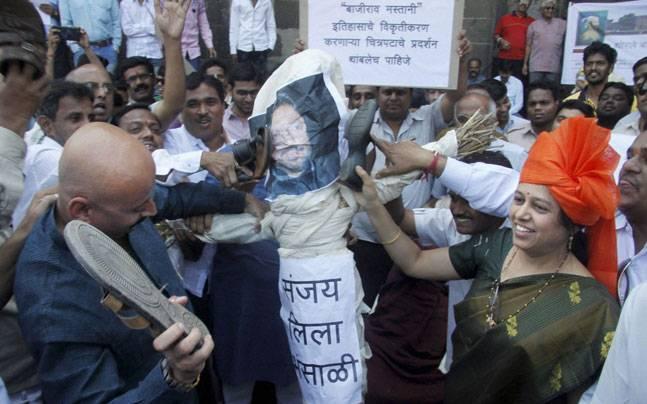
There have been movements and protests in the past too in the name of protecting community honour and safeguarding dominant beliefs but of late these kinds of protestations are seemingly on the rise. The motive of these groups which thrive in their business by spreading terror and creating panic in the mind of people is either money or promotion of their leadership.
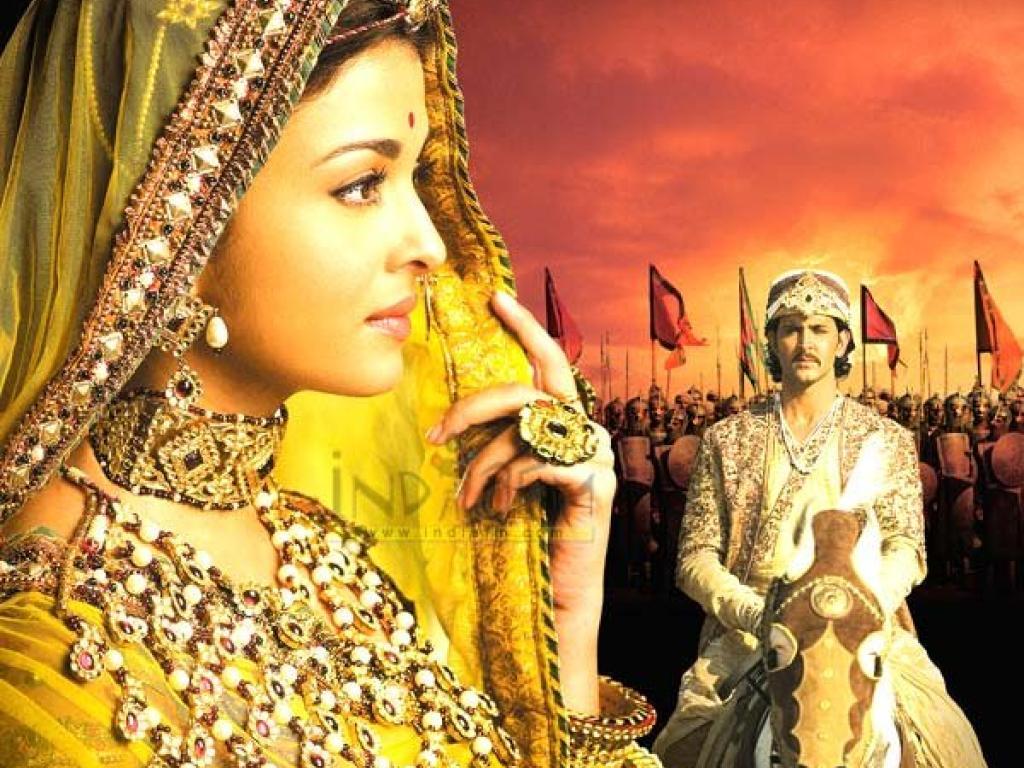
The emergence of these groups in a big way was first noticed in the year 2008 when Rajput Karni Sena protested against ‘Jodhaa Akbar'. The protest took such a bizarre turn that some members of the group even wrote letters in blood against the release of the movie. The theatrics paid off as the theatre owners refused to screen the movie.
However, the movie which was produced at a cost of Rs 40 crores, managed to make Rs 52.70 crores in India in 10 days and Rs 21.30 crores in the overseas market. Yet the film was never shown in Rajasthan, the State where most of it was filmed.
The target of the group was not ‘Jodha Akhbar’ alone. In the year 2014, the outfit struck once again struck. This time the protest was against producer Ekta Kapoor.
On January 20, 2014 when Kapoor was in Jaipur to talk about her TV serial 'Jodha Akbar’ in the Literature Festival, she faced noisy protests at the venue. Angry protestors were seen throwing plastic bottles at her which led to clashes and the police later had to resort to mild baton charge.
Another protest targeted Sanjay Leela Bhansali's historical romance, 'Bajirao Mastani' which was based on the story of the Maratha warrior Peshwa Bajirao I and his second wife, Mastani .The movie was released on December 16, 2015.
A few members of a leading political party along with activists of Patit Pawan Sanghatana, a radical Hindu outfit, had then barged into the theatre complexes and created mayhem. This led to the cancellation of many shows of the movie in Pune.
This wasn't the end of protests. With time the group grew belligerent and garnered support from people of the ‘affected’ community across India. This kind of situation was again seen in the case of 'Padmaavat'.
From pelting stones on innocent kids, manhandling Bhansali and his crew members, damaging cameras and other equipment, destroying sets, the protests across North India finally grew into a serious law and order situation making the cautious and cowardly governments in some states, including Rajasthan, to ban the screening of the film in their respective states. Even after the Supreme Court directive to the state governments to screen the movie the states could not allow the law of the land to prevail.
On December 23, 2017, the Salman Khan starrer, ‘Tiger Zinda Hai’ also faced the heat in some states in India. The reason behind the opposition was the alleged reference to a caste by Salman during an interview. People representing the Valmiki community staged massive protests and burnt effigies of Salman outside various cinema halls in Rajasthan, Madhya Pradesh and Uttar Pradesh.
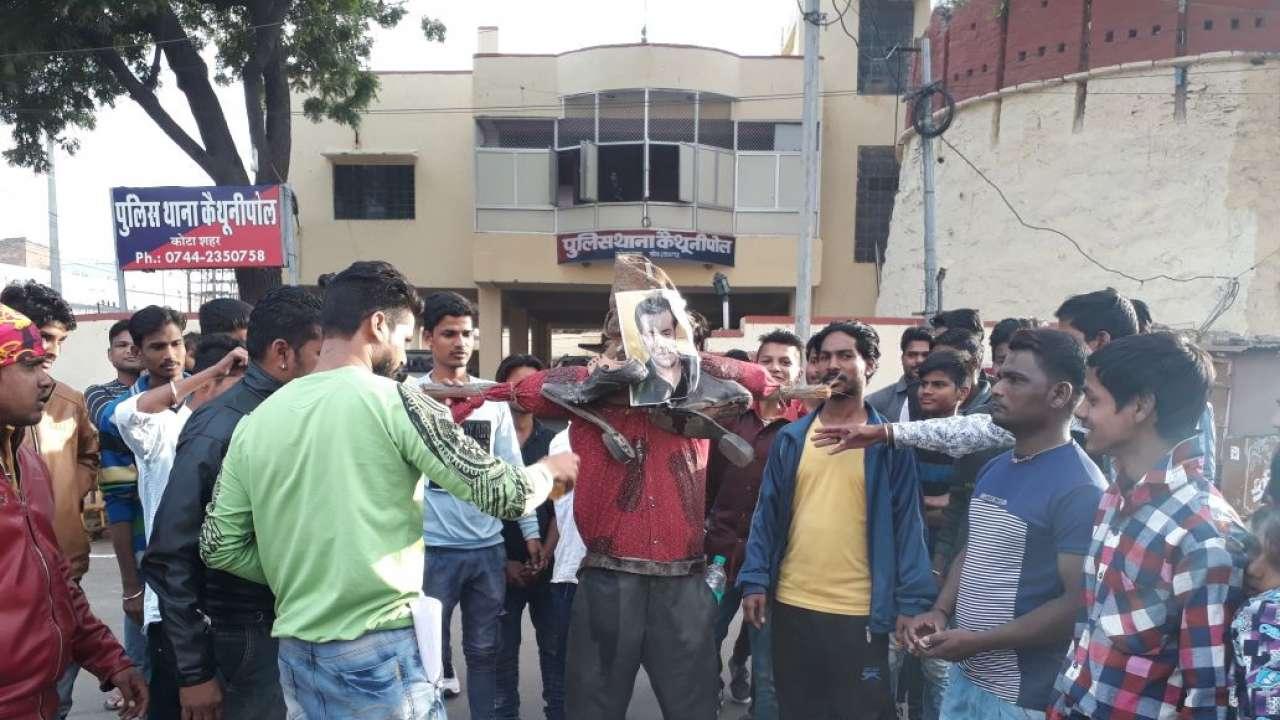
Regional films too targeted
In the present situation in India in which creative freedom is seriously challenged the regional film makers too are facing some tense moments.
The latest victim of the self-proclaimed gangs of community conscience keepers has been the Bengali movie titled, 'Rong Beronger Kori' (The Many Colours of Money), starring Rituparna Sengupta and directed by Ranjan Ghosh. The film is an anthology of four stories stringed together into a theme, money. The film has human emotions such as love, greed, separation, fear of loss shown in four different ways.
Here, one of the fringe groups, 'The Hindu Jagaran Manch' protested that the movie should undergo changes as its protagonists are named after ‘Ram’ and 'Sita'. In December 2017 the group held protests against the filmmakers demanding a change in the names of the leading characters in the movie.
However, the director Ranjan Ghosh has refused to bow down to the demands, stating it is an attempt to curb creative freedom.
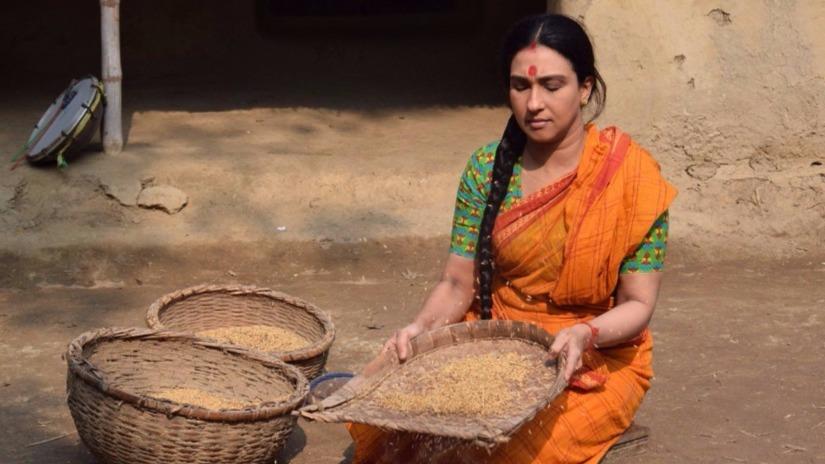
‘Dashkriya’, an award-winning Marathi film, which was released on November 17, 2017, too got into trouble with the fringe elements. The movie, based on the Hindu rituals performed after the death of a person, grappled with a similar fate. After winning a number of awards in international film festivals including Berlin and Cannes, the film faced protests from the Akhil Bhartiya Brahman Mahasabha in Pune when it was ready for release in India.
This group claimed that the “film hurt the sentiments of Brahmins as it is showing them in a poor light".
The director of the film, Sandeep Patil approached the Maharashtra government’s Home Department and sought protection. Finally, the movie was released but it failed to get any theatre to screen it.
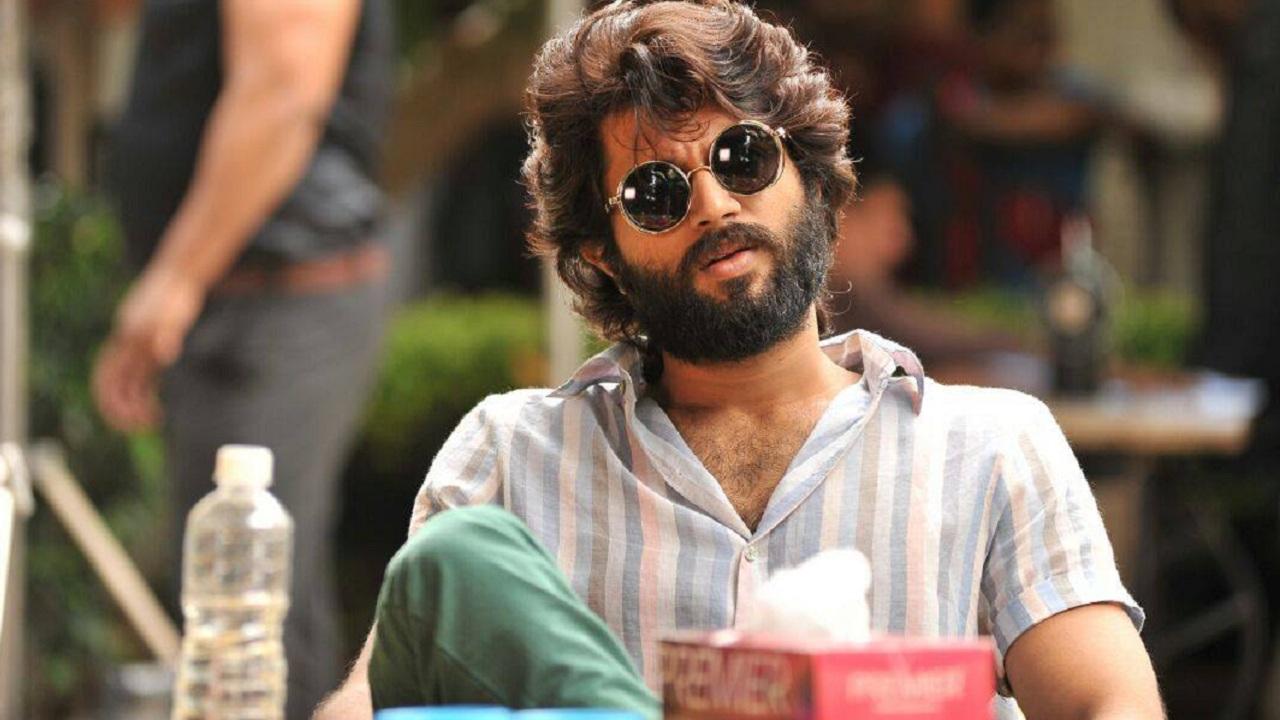
A Telugu romantic-drama 'Arjun Reddy', starring Vijay Deverakonda, which was released on August 25, 2017, performed well and received good reviews but it faced fierce opposition from AP Mahila Samakhya (APMS) and the AP Mahila Congress and some other women’s organisations. The protesters claimed that the movie would mislead the youth, and it also went against the Telugu culture.
First published: 7 February 2018, 19:49 IST







![BJP's Kapil Mishra recreates Shankar Mahadevan’s ‘Breathless’ song to highlight Delhi pollution [WATCH] BJP's Kapil Mishra recreates Shankar Mahadevan’s ‘Breathless’ song to highlight Delhi pollution [WATCH]](https://images.catchnews.com/upload/2022/11/03/kapil-mishra_240884_300x172.png)

![Anupam Kher shares pictures of his toned body on 67th birthday [MUST SEE] Anupam Kher shares pictures of his toned body on 67th birthday [MUST SEE]](https://images.catchnews.com/upload/2022/03/07/Anupam_kher_231145_300x172.jpg)





_in_Assams_Dibrugarh_(Photo_257977_1600x1200.jpg)
